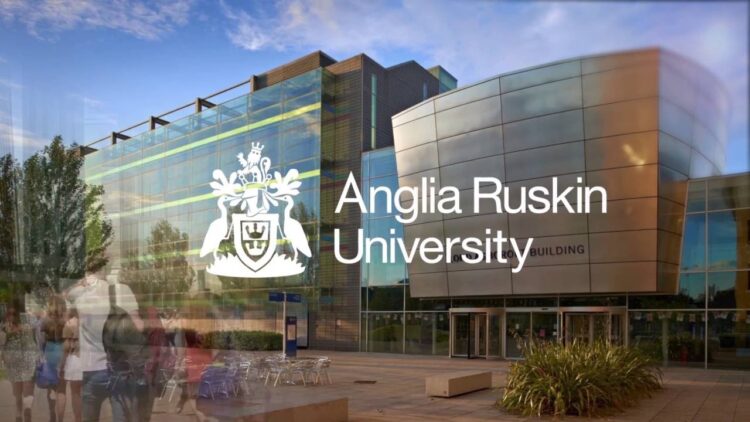By Gabriel Princewill-
The Anglia Ruskin University in Cambridge is looking for volunteers to participate in its research investigating the wider health and well being implications of COVID-19.
ARU and Ulster University are both conducting useful research to determine the public health implications of COVID-19, specifically how self-isolation is affecting the health and behaviour of UK residents.
Anyone aged 18 or over and who is self-isolating during the COVID-19 outbreak is invited to support the research by completing a short survey. The central focus of the research is about how individuals are adapting their behaviour in these extraordinary and unprecedented times.
It is inquisitional in its essence, seeking to establish the potential knock on effects of self isolation on different individuals. Quite possibly, the closure of restaurants may have caused some people to rethink their feeding habits, leading to a healthier diet.
Others may have taken the opportunity to change their diet, increase their levels of exercise, or do more productive things they had never made the time to do prior to this devastating crisis which has engulfed most parts of the world today. The smoking and drinking habits of others may have changed for better or worse.
Buying drinks in the local corner shop will be cheaper for those who drink regularly at the bar, so there could be an overall drop in costs, or it may have led to more drinking. Smokers who are aware of the effect a weaker immune system can have in the fateful event of contracting the deadly Covid 19 virus may have dropped their habit, others may have experienced no change.
The present level of self isolation imposed on the public is likely to have either positive or negative effects on the habits of various individuals.
FLEXIBILITY
Many of those now working from home will have more flexibility on how they use their time , and this can cause them more relaxation, leading to higher levels of smoking or drinking, or the reverse. Those out of work may find themselves struggling to cope with the necessary levels of isolation, leading them to smoke more, drink more, or even drink less, saving money in some cases.
SUPPORT
The Eye Of Media.Com gives its full support to this research and encourages those who wish to support the improvement of our understanding of how these kind of needed restrictions affect human behaviour as a whole.
Dr Lee Smith, Reader in Public Health at ARU, said: “During this global pandemic, it is important to investigate the impact of self-isolation on health, behaviour and well being.
“This will help us to understand the health implications of this current outbreak, separate to the effects of COVID-19 itself, and ensure that governments and health bodies are better informed if a similar event was to happen in the future.
“Anyone in the UK aged 18 or over and is self-isolating is able to take part. This includes individuals who are self-isolating after displaying symptoms of coronavirus infection, people who are self-isolating due to their age or underlying medical conditions, as well as anyone in the wider community who is no longer travelling to work due to recent social distancing restrictions.”
A PHD graduate from Cambridge University, Dr. Smith is an epidemiologist with expertise in physical activity who specialises in investigating all the factors that determine the presence or absence of diseases
The research, which involves a simple online questionnaire, takes approximately 15 minutes to complete.

